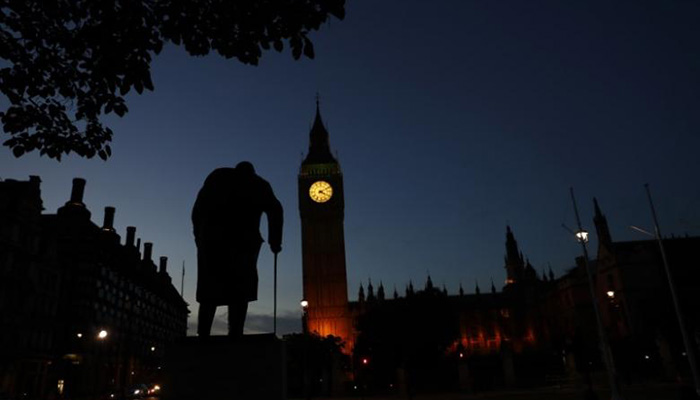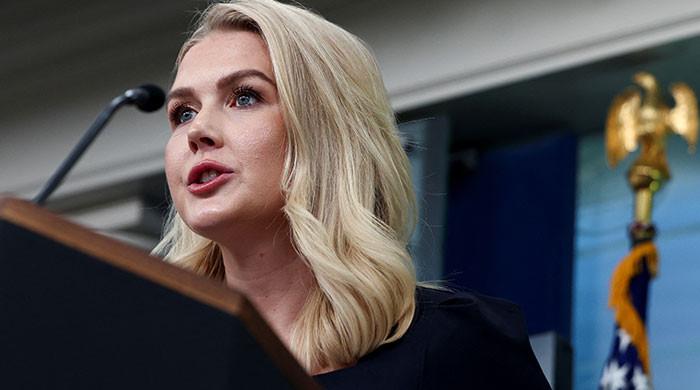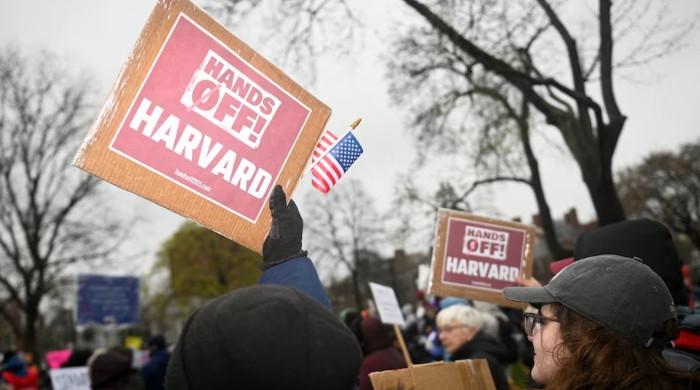British voters are sleepwalking to painful Brexit
May’s government has already ditched the rose-tinted versions of Brexit put forward by campaigners in last year’s referendum
June 06, 2017

British voters are sleepwalking to a painful Brexit. Prime Minister Theresa May called the election scheduled for Thursday to give herself a stronger hand in negotiating the country’s departure from the European Union. But she and her main opponent, Labour party leader Jeremy Corbyn, have largely avoided any discussion of the trade-offs involved.
May’s government has already ditched the rose-tinted versions of Brexit put forward by campaigners in last year’s referendum. Britain will leave the EU single market and customs union. It will therefore need to negotiate the outlines of a new deal before the end of March 2019.
Any agreement will involve compromises about trade, contributions to EU coffers, and regulation of industries like drugs and financial services. Whatever shape those take, Britain’s economic relationship with the EU will face greater friction.
Failure to reach a deal would be the worst outcome. Most UK exports would need to be checked before crossing the border. British lorry drivers might no longer be allowed on Europe’s motorways. And that’s just physical goods. More than a quarter of UK services exports to the EU would be lost, JPMorgan reckons.
The campaign has skipped around these dangers. May says she intends to make Brexit a success, without any further explanation, while insisting she is also prepared to walk away from the negotiations. Corbyn has been less adversarial, but also dodged hard questions.
One possibility is that, by being vague, May has retained the flexibility to make concessions to the EU. A bigger majority would then allow her to push a compromise through parliament. Currency markets appear to share that view: sterling rose after the election was called, but has dipped as opinion polls showed May’s lead narrowing.
Yet any variety of Brexit almost certainly means lower growth – particularly if May keeps her renewed vow to curb immigration. UK economic output is about 9 percent higher in real terms than a decade ago, according to the International Monetary Fund. But GDP per head is up just 2 percent. If the population stops growing, potential output does too.
Voters are ill-prepared for this outcome. Brexit will be just one of a range of factors influencing their choice when they go to the polls. But whoever wins will have to deal with a disappointed electorate when reality dawns.











